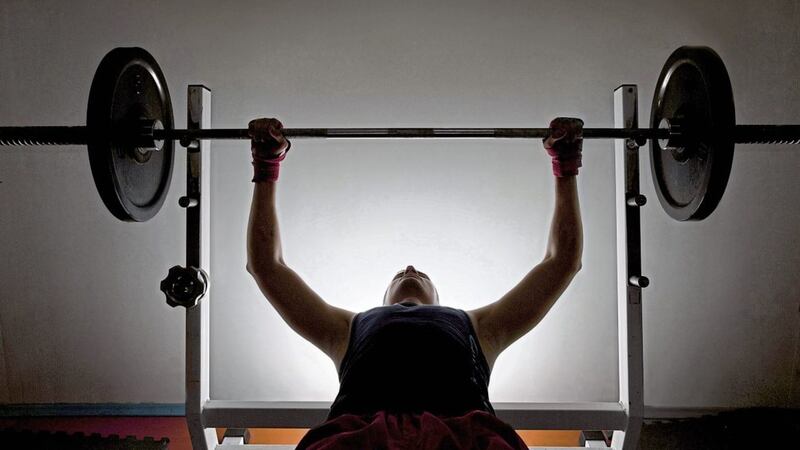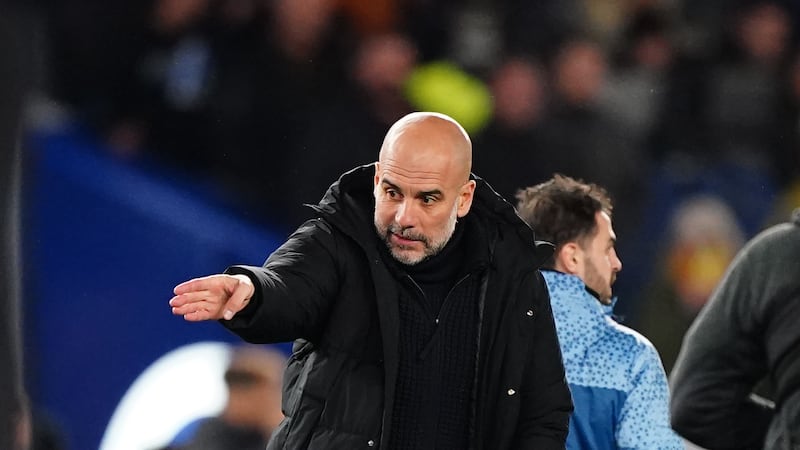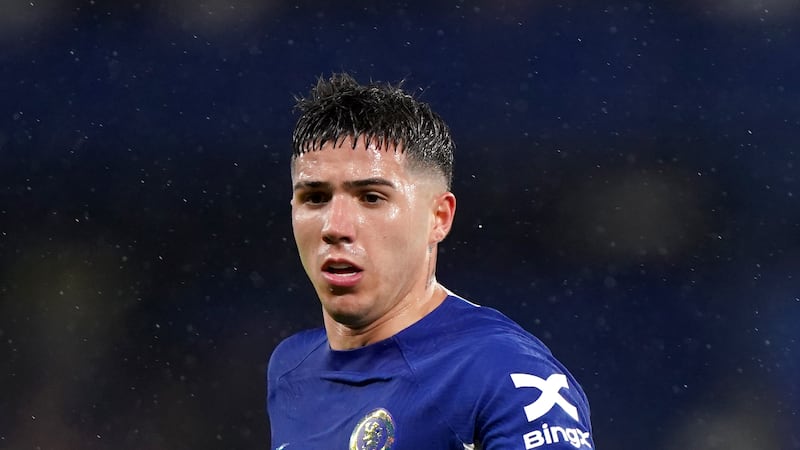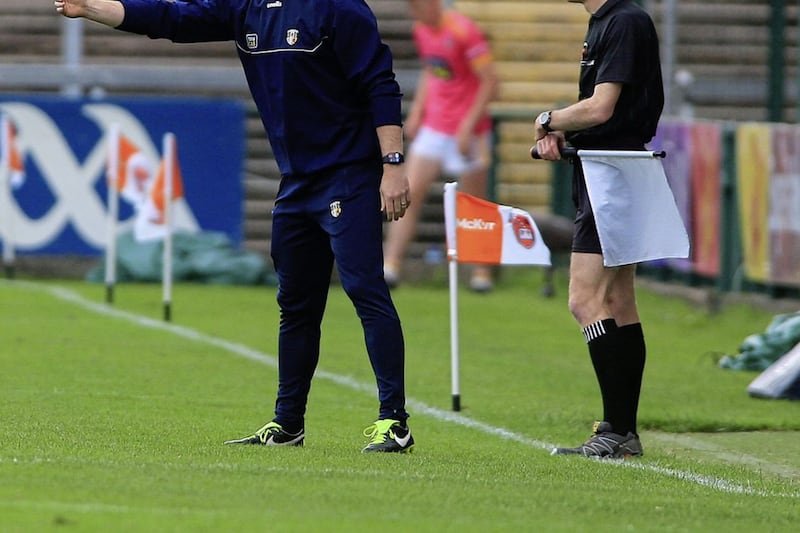IT is that time of year when many teams across the country – both club and county – are putting the boots away.
Thoughts will begin to turn to next year and what can be done to get to the top of the figurative mountain all teams seem to be climbing.
For many years now, the advancements being made in sport science and strength and conditioning, and their wholesale adaptation by county teams, has led to a revolution in our games in terms of the speed and fitness levels needed to compete. Increasingly it appears that the top of that curve is being reached. As Sean Cavanagh said after the Tyrone-Dublin game, he didn’t see how any team, while amateur, could train harder than what the Tyrone team put in this year.
Yet, they still fell short.
At club level it has been a similar picture. The ratrace of teams trying to get fitter and stronger than the opposition has essentially resulted in nearly all teams of a comparable level, reaching similar levels of physical conditioning.
The obvious and ironic thing about this is that, despite all this effort, no advantage has been gained. They have literally ended up running just to stand still. So where now? Where can teams gain that edge?
With the attention on sports science and strength and conditioning, the key attributes of skill and player quality has inadvertently fallen down the pecking order.
Yet, if we think of all the big county games during the summer, how many were not won by the more skilful team when all was said and done?
We know we can improve players as athletes but the bigger question now, is can we improve them as footballers?
One of my regrets as a former player is that, in hindsight, I probably came to accept the player I was in my mid-20s.
While on the surface I would have still espoused the mantra that you can always learn and get better, subconsciously, I think I fell into the trap of thinking my general attributes in terms of ability were decided.
Listening to athletes at any Olympic Games they talk about the four-year cycle.
They sit down with their coaches and think of how they can be a different and better athlete in four years’ time.
Their coaches and training becomes aligned to bring about this improvement.
Endless measurement will occur to give evidence of this improvement, providing either encouragement and proof of advancement or signs of ineffective training and the need for change.
This past several years we have seen this approach lead to excellent levels of player conditioning.
However, we fail to bring this same approach to our players’ footballing abilities.
The ability of a player to improve skills applies at any age but perhaps is most pertinent when we think of the critical 16 to mid-20s age group.
They train countless times with multiple teams, playing multiple games in a single week yet are they really improving as players? Are the strengths and weaknesses in that player’s game being improved in an effective manner? One coach will be working on a certain element with their team and while there may be an element of individual coaching, within a team of 30 players it is hardly going to be in-depth or followed-up.
The next day, the player will deal with a different approach, position or team situation.
At the end of a year, when they will likely have had 100-plus training sessions and 20-plus matches, can that player say they are any better as a footballer?
Have they any idea of what is next for them to focus on?
Without this, are we in any way confident that the player will be better in four years than they are now, despite giving so much effort and time in that very hope?
If we consider how we talk about players, I think we have all fallen into the trap that talent is decided at a young age and the overall playing level of a player will not change much.
A club can instantly suggest who they see as the stars of the future from the club U16 or minor team. We would be confident of predicting which players have ‘county quality’ or which will be ‘good club players’ or which won’t come through at all.
There is plenty of evidence that some players will buck the trend. I would suggest, however, that too often this seems to be by chance or from the player’s individual effort rather than any concerted effort to develop that player.
The big question, particularly at club level, with their finite resources in terms of player pool, is, can the amount of time and effort that players and coaches put in be harnessed to really improve individual players over three to four years?
Too often when taking a team, the focus is getting players or the team playing better over the short term, often just for several months.
The bigger prize is can a ‘decent’ U16 forward with appropriate training be turned into a championship-winning senior forward in four years’ time?
That is a much more precious outcome than how they do when U16 or minor.
Looking at how modern strength and conditioning has replaced doing laps, surely there is scope to achieve much greater development in a player’s skills and quality through a more methodical approach?
Wouldn’t it be great if players could tell you how they have become more accurate in a similar way to how they can tell you they have cut their percentage body fat?
I know as a manager or supporter which one I’d want to hear.
In a similar manner to the screening and fitness testing players go through, should we not sit down with a player, analyse their game, and through setting goals and focused coaching, create a development plan for them as a footballer?
Considering the other boxes in player development should already be ticked, imagine the potential if our focus returned to training footballers?








